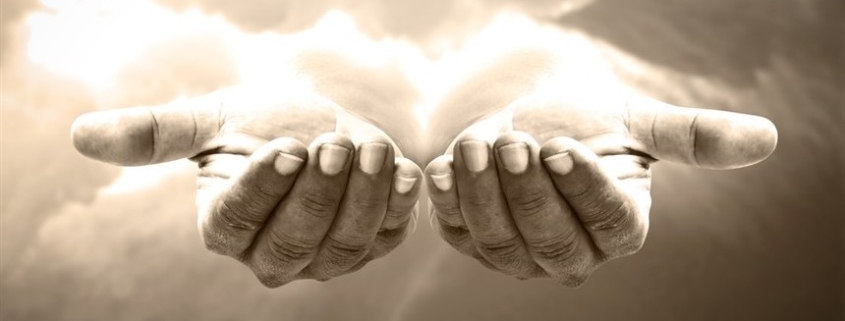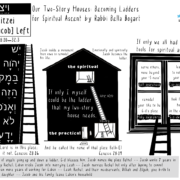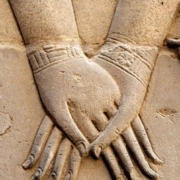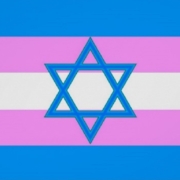Vayishlach: Using Both Hands
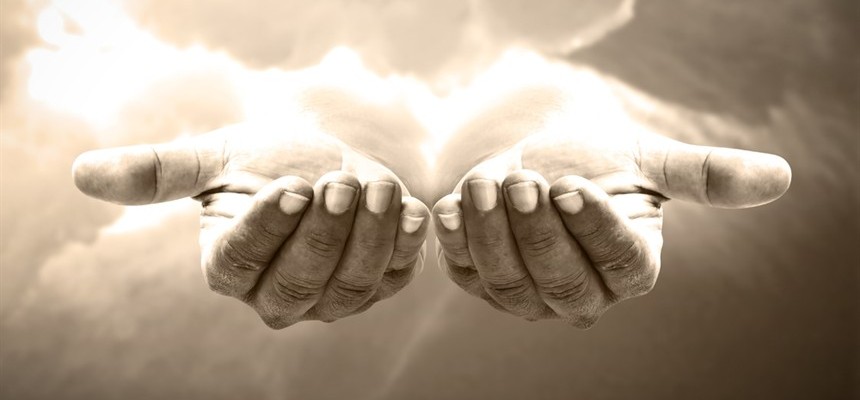
Part of an ongoing series that explores Torah through an ethic of social justice and building a world worthy of the Divine.
הַצִּילֵ֥נִי נָ֛א מִיַּ֥ד אָחִ֖י מִיַּ֣ד עֵשָׂ֑ו כִּֽי־יָרֵ֤א אָנֹכִי֙ אֹת֔וֹ פֶּן־יָב֣וֹא וְהִכַּ֔נִי אֵ֖ם עַל־בָּנִֽים׃
Rescue me, please, from the hand of my brother, from the hand of Esav, for I fear him lest he come and strike me, mother and children. (Genesis 32:12)
Jacob emerges into this world with his hand grasping onto the heel of his brother. The struggle to grasp the proper use of power is so essential to Jacob’s identity, and calling, that he is named for it.[i] It also motivates and tests his interpersonal relationships.
When Jacob comes to his father’s bedside, disguised as his brother Esav to receive the blessing of the first born, Issac tells him “The voice is the voice of Jacob, but the hands are the hands of Esav”. The Malbim[ii] explains that when Jacob accepts this blessing, he is taking on the responsibility to do the handiwork that was originally intended for Esav, in addition to utilizing his own voice.
Jacob needed to prepare for this new role. He required developing an unfamiliar skill set and getting a new education. When he runs away from Esav, the verse tells us that Jacob traveled to Beir Sheva – וַיֵּצֵ֥א יַעֲקֹ֖ב מִבְּאֵ֣ר שָׁ֑בַע. This is an allusion to his enrolment in the Yeshivas of Shem – שם, and Aver -עבר (“From Beir Sheva – מבאר שבע” is an anagram for “Came to Shem and Aver – בה שם עבר”).[iii]
These two study halls were very different from each other, but each offered a seven year intensive program – Beir Sheva – literally an elucidation of seven. Shem focused on the spiritual root of the soul – נשמה, and bringing good into the world. Aver means and represents “the other side”. It is the embodied work of removing evil from this physical world that Esav was originally tasked with doing,[iv] as a worker of the field.
In the Garden of Eden there were no weeds to pick, or trees to plant. Everything was taken care of for us. One of the consequences of being thrown out of the Garden is now we have to toil and work for those results,[v] and it is hard to find the right balance of it all.
It is a process and takes a long time to perfect. During Jacob’s many years of study, followed by many years of practice, he achieved a complete mastery of it all. Jacob communicated this to his brother Esav by sending messengers to tell him “עִם־לָבָ֣ן גַּ֔רְתִּי – I lived with Lavan”.[vi] Rashi understands it as a code for “I observed all six hundred and thirteen commandments and didn’t learn from his evil ways”.[vii]
When trying to hold the right personal space to let in the good, while attempting to navigate the negativity from a distance, it is best to use both hands. The Talmud[viii] teaches that one should always push away with the left hand, while bringing closer with the right.[ix] These two moves Esav knows well. The Sefas Emes[x] explains that these are the two hands in the declaration of “and the hands are the hands of Esav”, and it is a matter of great concern for Jacob.
Rashi highlights Esav’s duplicitous nature as the motivation for Jacob’s prayer, distinguishing “the hand of my brother” from “the hand of Esav”, who doesn’t treat me like a brother. Jacob preemptively addresses these two threats through a partnership of his voice of prayer and voice of learning Torah.
Not all attachments are healthy, and less evil means more goodness. King Solomon wrote[xi] that it is better to sit on the corner of a roof, then in some friend’s homes.[xii] The Midrash[xiii] understands this teaching to be a lesson learned from Jacob, who refused to ally down with Esav. Although Esav, and his vast physical wealth and power, could have been tempting as useful resources for Jacob, he knew that aligning with folks doing bad things isn’t going to end well.
The Rabbis offer an interesting placeholder, in the form of the letters that are doubled, to reinforce this principle. Five verses, one for each of the letters that are written differently when they appear at the end of a word: מ נ צ פ כ, represent moments where a person doubled down on their commitment to God, as the source of true power and goodness. With those critical choices, redemption was earned and guaranteed.
Jacob turned to God, pleading “הַצִּילֵ֥נִי נָ֛א – please save me”, instead of being tempted to rely on his own training and abilities to discern the potential positive benefits from an alliance with Esav. While the invitation to benefit from oppressors, by joining them, might have some temporary appeal, tradition teaches that our work in this world is not about escaping oppression, but in ending it.

Rabbi Mike Moskowitz, a founding builder at Bayit and also a member of Bayit’s Board, serves as Scholar-in-Residence for Queer and Trans Jewish Studies at Congregation Beit Simchat Torah, a flagship LGBTQIA+ synagogue in New York City.
References / Endnotes:
[i] Genesis 25:26
[ii] On Genesis 27:22.
[iii] See the Baal Haturim, on the verse, for additional allusions to Shem, Aver, and fourteen years.
[iv] See Sefas Emes for an explanation of Leah’s actions to marry Jacob, because Jacob took Esav’s role.
[v] Genesis 3:19.
[vi] Genesis 32:5
[vii] In Hebrew the word for “lived” has a numerical value of 613: “עִם לָבָן גַּרְתִּי וְתַרְיַ”ג מִצְוֹת שָׁמַרְתִּי וְלֹא לָמַדְתִּי מִמַּעֲשָׂיו הָרָעִים”.
[viii] Talmud Sotah 47a.
[ix] The right side is assumed to be the dominant and strong side.
[x] 662.
[xi] Proverbs 21:9.
[xii] The word in Hebrew used here is chaver: ט֗וֹב לָשֶׁ֥בֶת עַל־פִּנַּת־גָּ֑ג מֵאֵ֥שֶׁת מִ֝דְיָנִ֗ים וּבֵ֥ית חָֽבֶר.
[xiii] Lekach Tov

